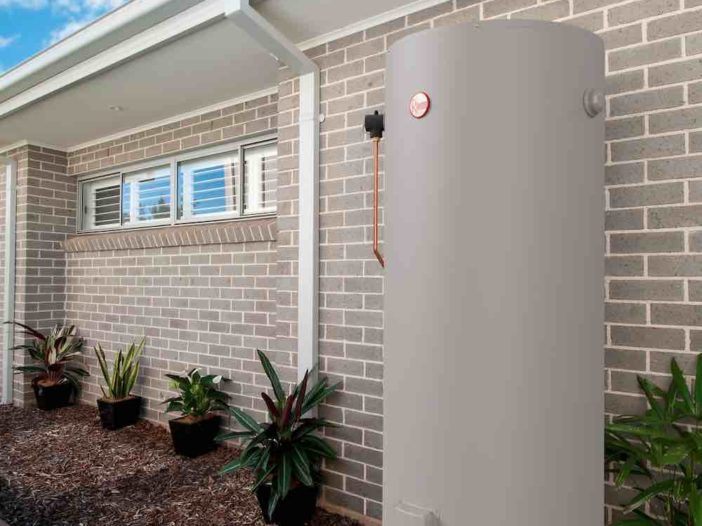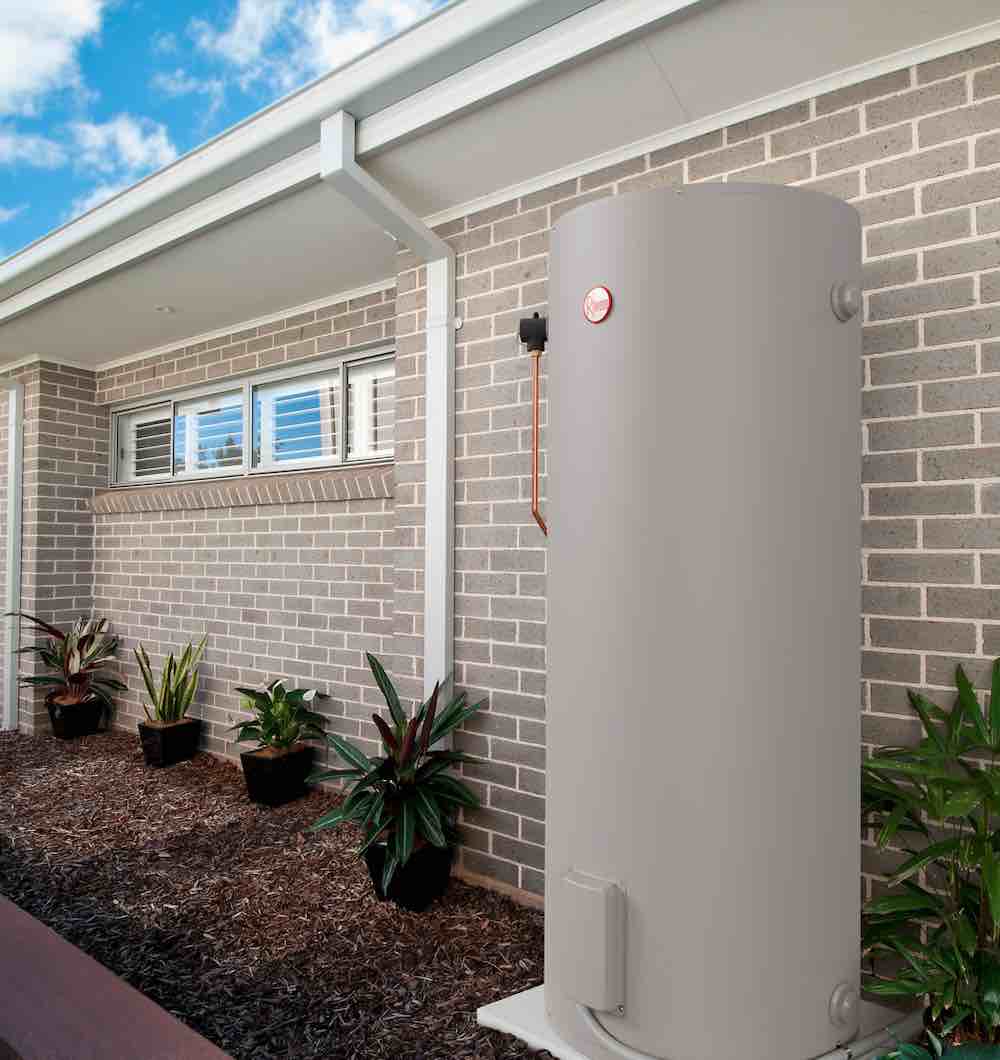
Inspections and audits of newly installed heat pump hot water systems are expected to ramp up across Victoria as regulators and government agencies work to ensure safety standards are being met in the booming electrification sub-sector.
After reporting record new demand for the state government’s heat pump hot water rebate, Solar Victoria says it will work with the Essential Services Commission and other regulators to boost compliance on system installations across the state, in line with industry and safety standards.
Stan Krpan, the chief of Solar Victoria, which runs the Labor government’s Solar Homes incentive scheme, says that more than 200,000 hot water systems have been installed across the state through the rebate scheme, boosting demand by 500%.
But as demand soars for the efficient electric hot water technology, Krpan says it’s vital to ensure customers are getting systems that are safe, fit-for-purpose and correctly installed.
“Confidence in heat pumps as a newer technology and in this growing industry will require a collective effort to ensure safety, quality and standards are maintained,” he said in a statement late last week.
Already, Solar Victoria audits 5 per cent of installations carried out under the Solar Homes scheme. It says that while audits over the past 12 months have found “very few” hot water installations to be unsafe, there are still persistent issues being detected.
Among the issues identified in audits are inadequate insulation to protect systems from freezing, non-compliant or faulty switchboard wiring, unsafe termination points for pressure relief valves, and inappropriately secured water tanks.
“In any fast growing sector, it’s important that standards, quality and governance are in place,” Krpan told One Step Off The Grid’s Solar Insiders podcast earlier this month.
“And so we’ve been working closely with our regulatory colleagues to try and put in place some of those controls and certainly some of that information and guidance to industry …so that we’re supporting people to do the right thing in terms of quality and safety of installations,” he said.
“We have also the product list, which is approved by both the Clean Energy Regulator and the Essential Services Commission, so some of those basic building blocks are there.”
Meanwhile, Krpan says audits and inspections of new installations will continue at an increased rate – with help from the ESC, the Victorian Building Authority, Energy Safe Victoria and WorkSafe Victoria. Non-compliance will result in direction and warning notices, followed by removal or suspension from the rebate scheme, he says.
For its part as regulator and administrator of the Victorian Energy Upgrades program, the ESC says it will actively monitor compliance of installations and act to protect consumers and the integrity of the program.
“This may include restricting businesses from participating in the program; refusing to register or requiring the surrender of certificates for upgrades; court enforceable undertakings and litigation; penalty notices; and referring matters to partner agencies,” said ESC commissioner, Kate Symons, on Friday
As Victoria’s building and plumbing regulator, the Victorian Building Authority will audit completed work and use information from partner agencies and consumers to target installers who may be doing the wrong thing.
Speaking on Solar Insiders two weeks ago, Krpan said a big part of meeting demand for heat pump hot water systems was ensuring that the key trades needed to install them – in this case licenced plumbers – understand what is required and feel supported in the technology shift.
“Part of our philosophy is we need to equip those plumbers to be providing good advice to customers around future proofing their homes, around electrification, around policy settings, the availability of rebates, but then of course the cost savings that come from from heat pumps,” he said.
“So they’ve got to understand the understand the technology to be able to do that. But also heat pumps are different in terms of the installation sequence, as well. It’s not just about swapping like-for-like in and out.
“There may may be a new switchboard or a new circuit that is needed because it’s obviously requires an electrician in many cases as well as a plumber. And so that’s a different installation model, but we are seeing the industry adapt to that installation model as well.”
To this end, the Victorian Building Authority says it will continue to provide technical education, through seminars and bulletins, to improve practitioner understanding and competency of how to install hot water systems compliantly.
Solar Victoria and the ESC will also continue working with industry groups and representatives on education, guidance, and standards, the groups said on Friday.
Installers can download the Solar Victoria hot water audit checklist and installation guidance to help maintain safety standards. Visit solar.vic.gov.au/hot-water-audit-checklist.

Sophie is editor of One Step Off The Grid and deputy editor of its sister site, Renew Economy. Sophie has been writing about clean energy for more than a decade.



